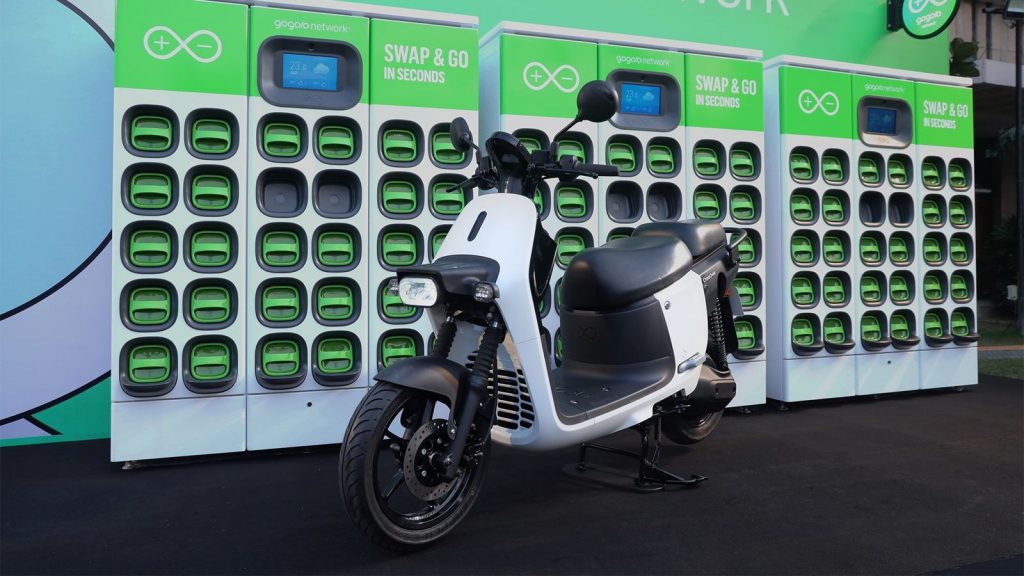In a surprising turn of events, Belrise Industries, formerly known as Badve Engineering, has pulled out of a high-stakes battery-swapping infrastructure agreement with Taiwanese firm Gogoro and the Maharashtra government. The tripartite deal, formalised through a Memorandum of Understanding (MoU) at the World Economic Forum in Davos in January 2023, aimed to establish a robust network of battery swapping stations and smart charging stations in Maharashtra, with a focus on promoting electric vehicles (EVs), especially two- and three-wheelers.
Initial enthusiasm turns to disappointment
Initially hailed as a groundbreaking initiative, the partnership was championed by Maharashtra Chief Minister Eknath Shinde and Deputy Chief Minister Devendra Fadnavis, who envisioned it as the world’s largest battery-swapping network. However, the project has hit a roadblock, leading to Belrise’s decision to withdraw its planned investment of over INR 20,000 crore.
Lack of standardisation spells doom
Ranjit Shelke, Head of Corporate Strategy and Business Head of EV at Belrise Industries, pointed to the lack of standardisation in batteries and connectors as the primary reason for abandoning the ambitious project. Speaking at the CII Next Gen Mobility Show 2023, Shelke stated, “The lack of standardisation of batteries and connectors in the existing environment has rendered the project unviable, limiting interoperability to maximise usage of the swapping stations.”
Gogoro’s response
Following Belrise’s withdrawal, Autocar Professional sought clarification from Gogoro, which emphasised that the initial announcement was based on a non-binding MoU. A Gogoro spokesperson stated, “The offer letter from Maharashtra has moved forward without the inclusion of Belrise.” The spokesperson further added that the CEOs of Gogoro and Belrise continue to discuss future collaborations, maintaining a friendly relationship.
Industry opposition and policy hurdles
The Centre’s battery swapping policy, outlined in the 2022 Union budget by Finance Minister Nirmala Sitharaman, has faced resistance from various industry stakeholders. The draft scheme, proposed by Niti Aayog, is yet to come into effect, primarily due to opposition regarding battery standardisation and interoperability standards.
Belrise’s Shelke explained the company’s exit, citing the unfavourable response from the industry to the project. Notably, major Indian manufacturers and battery makers, excluding Honda and Gogoro, have opposed the scheme’s main interoperability proposal, citing the need for extensive modifications to existing infrastructure and production-ready prototypes.
Gogoro’s continued plans for India
While the setback with Belrise is evident, Gogoro remains committed to its India operations. The Nasdaq-listed firm plans to kickstart its swapping network in Delhi and Goa, with further expansion into Maharashtra slated for the first half of 2024. However, specific details about the number of stations in Maharashtra or pan India are yet to be disclosed.
The developments highlight the complexities involved in shaping the future of EV infrastructure in India, underscoring the need for industry consensus and policy clarity to drive sustainable advancements in the electric mobility landscape.


